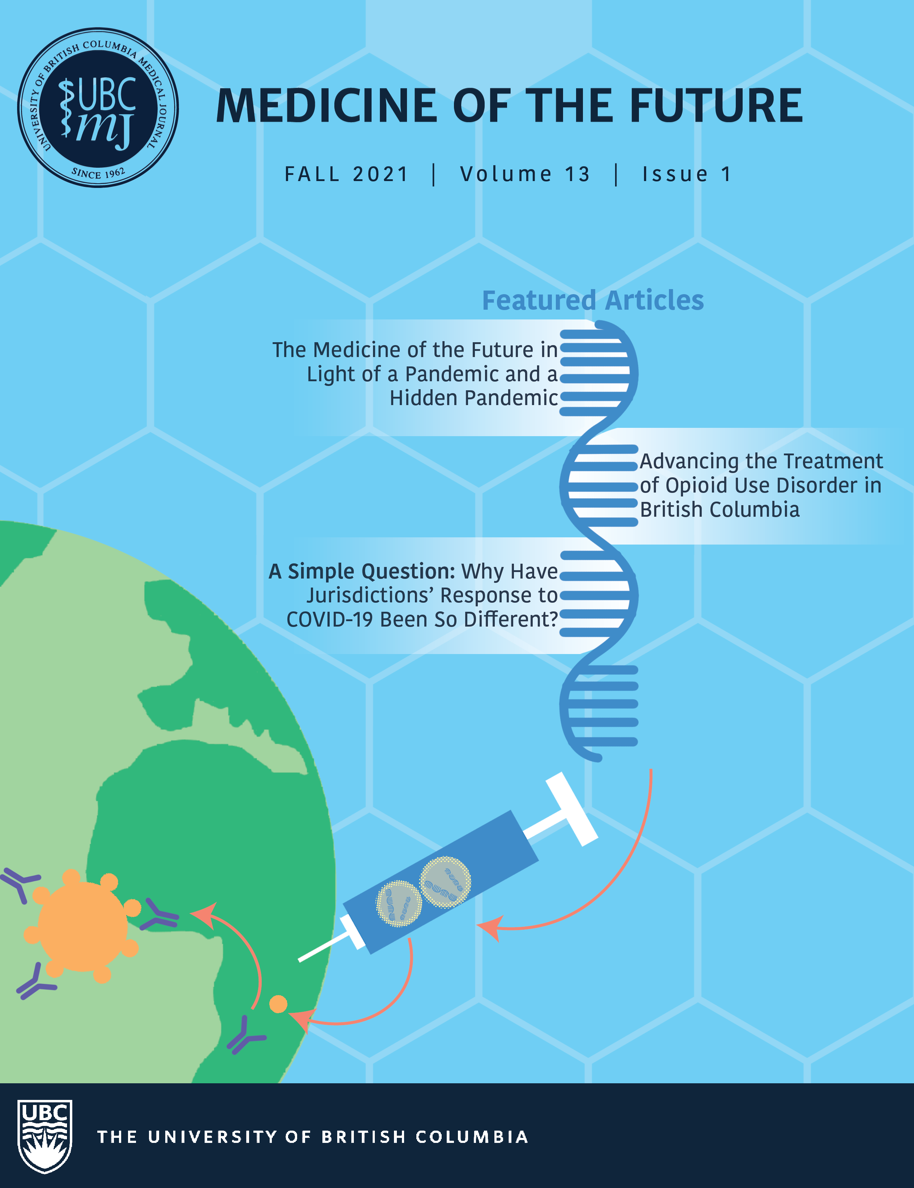Biological hurdles to pancreatic islet transplantation: where are we at, and where are we going?
Abstract
Pancreatic islet transplantation has garnered increasing interest over the last two decades due to its promise in treating type 1 diabetes mellitus (T1D), an autoimmune condition that targets and destroys insulin-producing β-cells, which are necessary for the adequate regulation of blood glucose levels. Despite its promise, many obstacles still stand in its way before it can finally be used as a curative therapy for T1D, ranging from donor paucity to the need for immunosuppression. Nonetheless, recent advances in regenerative medicine and xenotransplantation may be a solution to these biological hurdles, owing to their potential as sources of long-lasting β-cells. This commentary aims to discuss some of the various biological hurdles preventing the widespread application of human pancreatic islet (HPI) transplantation, and the various research efforts attempting to address these issues.

